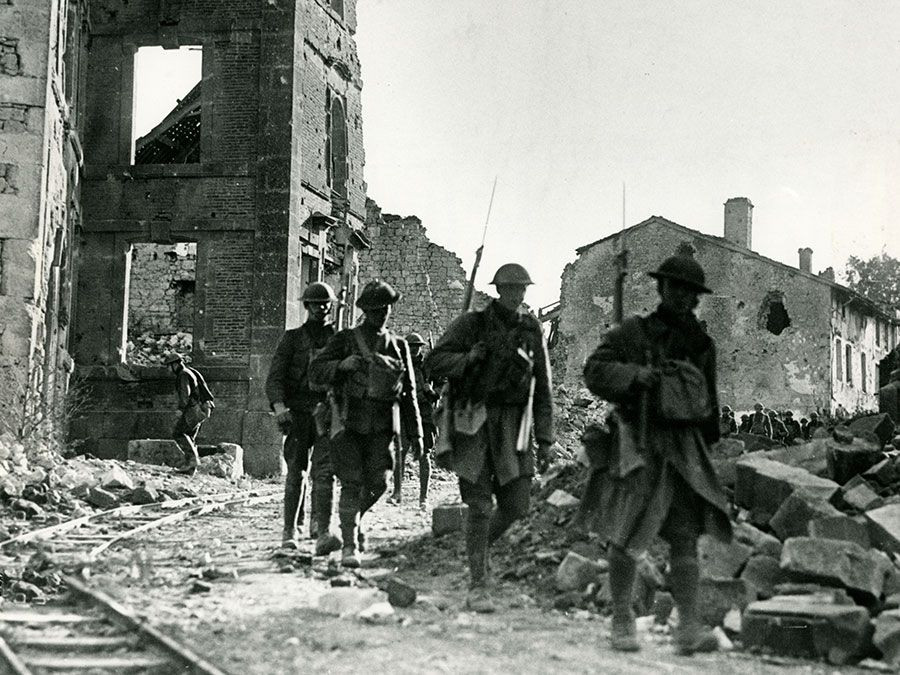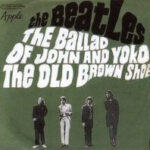John Pierpont Morgan Jr. stands as a towering figure in American financial history, inheriting and expanding the legacy of his legendary father, J.P. Morgan Sr. Born on September 7, 1867, in Irvington, New York, he navigated the complexities of early 20th-century finance, playing a pivotal role in global events, particularly during World War I. His life, marked by both immense responsibility and significant historical impact, cemented his place as a leading American banker and financier. He passed away on March 13, 1943, in Boca Grande, Florida, at the age of 75, leaving behind a transformed financial landscape.
Educated at Harvard University, from which he graduated in 1889, the younger Morgan seamlessly entered the world of finance, joining his father’s prestigious banking firm, J.P. Morgan and Company, in 1892. His early career included an eight-year stint in the firm’s London branch, providing him with invaluable international exposure and deepening his understanding of global finance. This period in London fostered a strong affinity for England, which would later influence his decisions during critical global conflicts. Upon his father’s death in 1913, John Pierpont Morgan Jr. assumed leadership of the firm, inheriting not only a financial empire but also the weighty expectations that came with the Morgan name. His inheritance was estimated to be over $50,000,000, a staggering sum at the time, underscoring the immense wealth and influence he now commanded.
 American infantry advancing through Varennes, France, 1918, during World War I's Franco-American Argonne-Champagne offensive.
American infantry advancing through Varennes, France, 1918, during World War I's Franco-American Argonne-Champagne offensive.
The outbreak of World War I highlighted John Pierpont Morgan Jr.’s crucial role on the world stage. His previously cultivated affection for England, combined with his firm’s financial capacity, led to him becoming the primary purchasing agent in the United States for both the British and French governments during the war’s initial years (1914-1917). In this capacity, he orchestrated the procurement of an astounding $3 billion worth of military supplies and other essential goods from American industries on behalf of the Allied nations. This massive undertaking was critical to the Allied war effort, effectively turning American industrial might into a resource for Britain and France. Furthermore, to manage the immense financial requirements of these Allied purchases, Morgan Jr. spearheaded the organization of over 2,000 banks. This consortium underwrote more than $1.5 billion in Allied bonds, providing the necessary credit for the Franco-British war machine to function. Post-war, his firm continued to play a significant role in European recovery, floating loans exceeding $10 billion for reconstruction efforts across the continent. While perhaps not possessing the overtly dominant personality of his father, John Pierpont Morgan Jr. was undeniably the most influential American financier of his era, guiding global finance through turbulent times.
However, the financial landscape shifted dramatically with the stock market crash of 1929. In an attempt to mitigate the devastating market decline, Morgan Jr. collaborated with other leading bankers, pooling their resources to buy stocks and stabilize prices. Despite these efforts, the crash proved unstoppable, ushering in the Great Depression. The subsequent legislative response, particularly the Banking Act of 1933 (also known as the Glass-Steagall Act), fundamentally altered the structure of American banking. This act mandated the separation of investment banking from commercial banking activities. As a result, J.P. Morgan and Company was restructured. Morgan, Stanley and Company emerged as a new investment banking entity, while John Pierpont Morgan Jr. remained at the helm of a reorganized J.P. Morgan and Company, which transitioned into a strictly commercial banking institution. This structural separation remained in place for decades, long after Morgan Jr.’s death in 1943, profoundly shaping the modern financial industry. John Pierpont Morgan Jr.’s career encapsulates a pivotal period in American and global financial history, marked by both immense power and transformative change.

